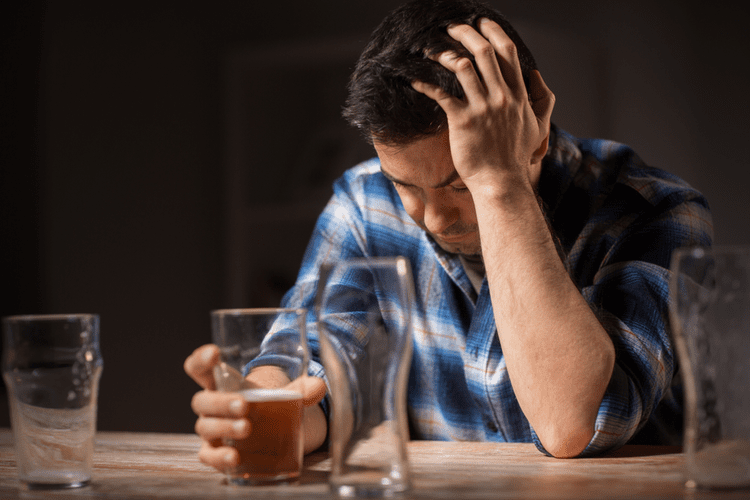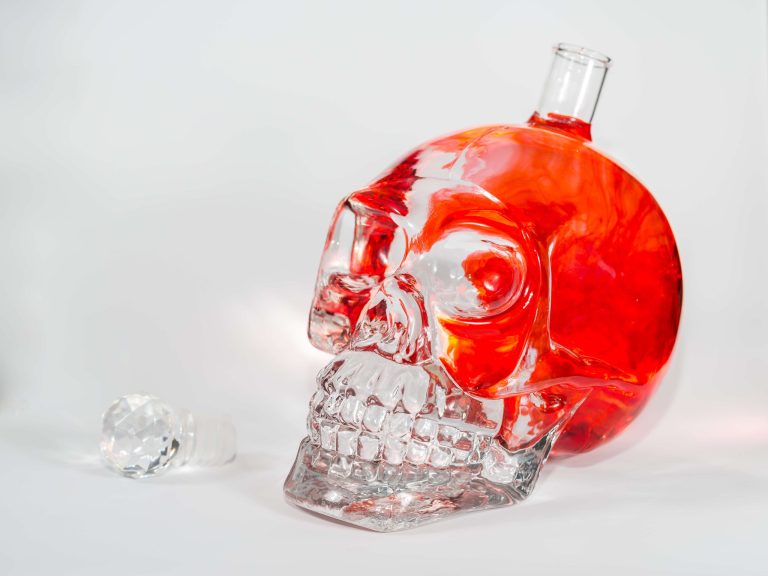To meet this goal, SAMHSA collaborated with federal, state, tribal, territorial, and local partners including peer specialists to develop the National Model Standards for Peer Support Certification. An SUD is a treatable, chronic disease, characterized by a problematic pattern of use of a substance drug addiction recovery leading to noticeable impairment or distress. SUDs can lead to significant problems in all aspects of a person’s life. Desires and cravings can often trap us in the grip of unhealthy addictions or relationships. Fortunately, there’s a surprisingly simple way to rewire your brain and get free.

In addition, there are nonprofit organizations such as American in Recovery and the National HIRE Network that specifically help those with addiction or criminal history to find work. Usually for a substantial fee, career transition services help executive and higher-up employees define career goals and help with job searches. Many treatment programs have partnerships with area businesses to hire those in recovery. And one measure of a comprehensive substance abuse treatment program is the help it offers to enrollees to identify their interests and find and build a meaningful career path. Individuals with experience and expertise may find a route to full employment by first being willing to offer their skills pro bono or as a volunteer to businesses or nonprofit organizations in their field. Other research pinpoints the values of cognitive behavioral therapy for relapse prevention, as it helps people change negative thinking patterns and develop good coping skills.
Overcoming Drug Addiction
That is because the brain is plastic and changes in response to experience—the capacity that underlies all learning. In one set of studies looking at some measures of dopamine system function, activity returned to normal levels after 14 months of abstinence. Over time, reward circuits regain sensitivity to respond to normal pleasures and to motivate pursuit of everyday activities.

Through the recovery process, behavior again begins to align with their values and goals. Integrity, self-confidence, and self-esteem grow, laying the foundation for a more positive identity. The goal of detoxification, also called “detox” or withdrawal therapy, is to enable you to stop taking the addicting drug as quickly and safely as possible.
Tips for finding the best drug addiction treatment for you
Millions of readers rely on HelpGuide.org for free, evidence-based resources to understand and navigate mental health challenges. Once you have resolved your underlying issues, you will, at times, continue to experience stress, loneliness, frustration, anger, shame, anxiety, and hopelessness. Finding ways to address these feelings as they arise is an essential component to your treatment and recovery. Join a 12-step recovery support group, such as Narcotics Anonymous (NA), and attend meetings regularly. Spending time with people who understand exactly what you’re going through can be very healing. You can also benefit from the shared experiences of the group members and learn what others have done to stay sober.

Data show that the programs are helpful for some but not for everyone. Shame is an especially powerful negative feeling that can both invite addiction in the first place and result from it. Either way, it often keeps people trapped in addictive behaviors. It gets in the way of recovery, self-acceptance, and accessing help when needed.
Caregiver Stress and Burnout
You nor your loved one are under any obligation to commit to an Ark Behavioral Health treatment program when calling our helpline. Reach out to AddictionResource.net today to find the best treatment center to meet your or your loved one’s unique treatment needs. After detox, most clients will transition to an inpatient program, where they will continue to receive monitoring and daily treatment services to advance their sobriety journey.
In addition, addictions can sometimes mask underlying mental health problems, such as anxiety, depression, sleep disorders, and even psychosis. If you are feeling blue or agitated, or you are concerned that the world or other people seem strange or upsetting since you quit, talk with a doctor. Take time to contact friends and family who will support https://ecosoberhouse.com/article/relapse-prevention-plan-how-it-can-help-you-stay-on-track/ you in your goals. You might also want to let those friends who drink, use drugs, or engage in addictive behaviors know that you are planning to change. You may have lost touch with old friends and loved ones, and changing your behavior may make it difficult to spend time around people who are still using substances or engaging in certain behaviors.
Other life-changing complications
Recovering from SUD is possible, but it takes time, patience, and empathy. A person may need to try quitting more than once before maintaining any length of sobriety. Empowerment is another necessary mechanism of change; in psychological parlance it’s known as self-efficacy. It stems from the ability to consistently cope with the demands of recovery and a new life. Threats to maintaining abstinence from alcohol and other drugs can arise at any time.
- You may be able to pay for your rehab program in a number of ways including state funding for addiction recovery, private loans, private insurance, or Medicaid insurance coverage for substance abuse treatment.
- For example, your drug dependency may have developed from a desire to manage pain or to cope with stress, in which case you’ll need to find a healthier way to relieve pain or to handle stressful situations.
- Along with medical and mental health treatments, the following are steps you can take to help overcome substance use disorder.
- At Pinnacle, there are specialized programs for people with co-occurring disorders such as addiction and an anxiety disorder, depression, bipolar disorder, and more.